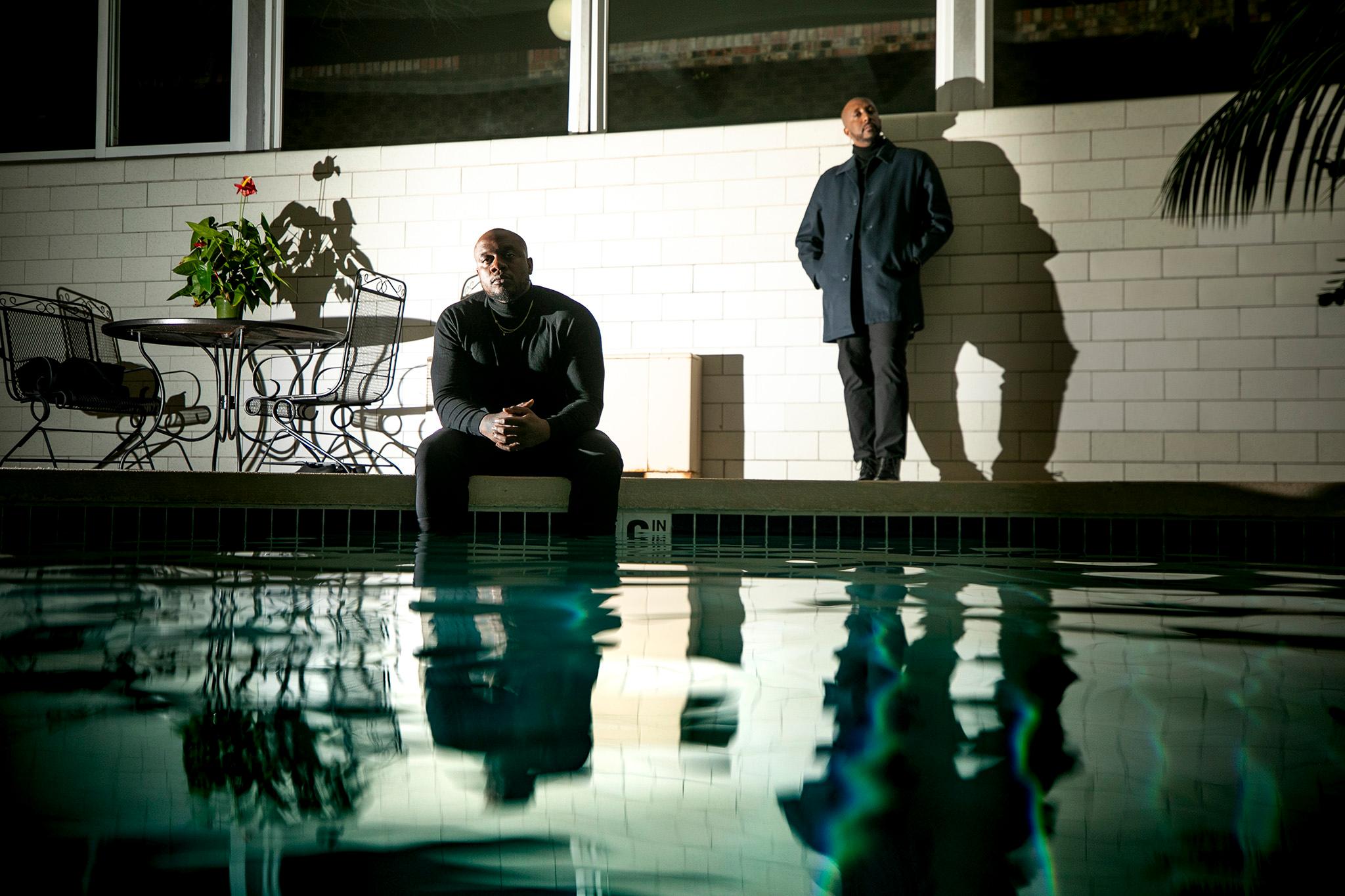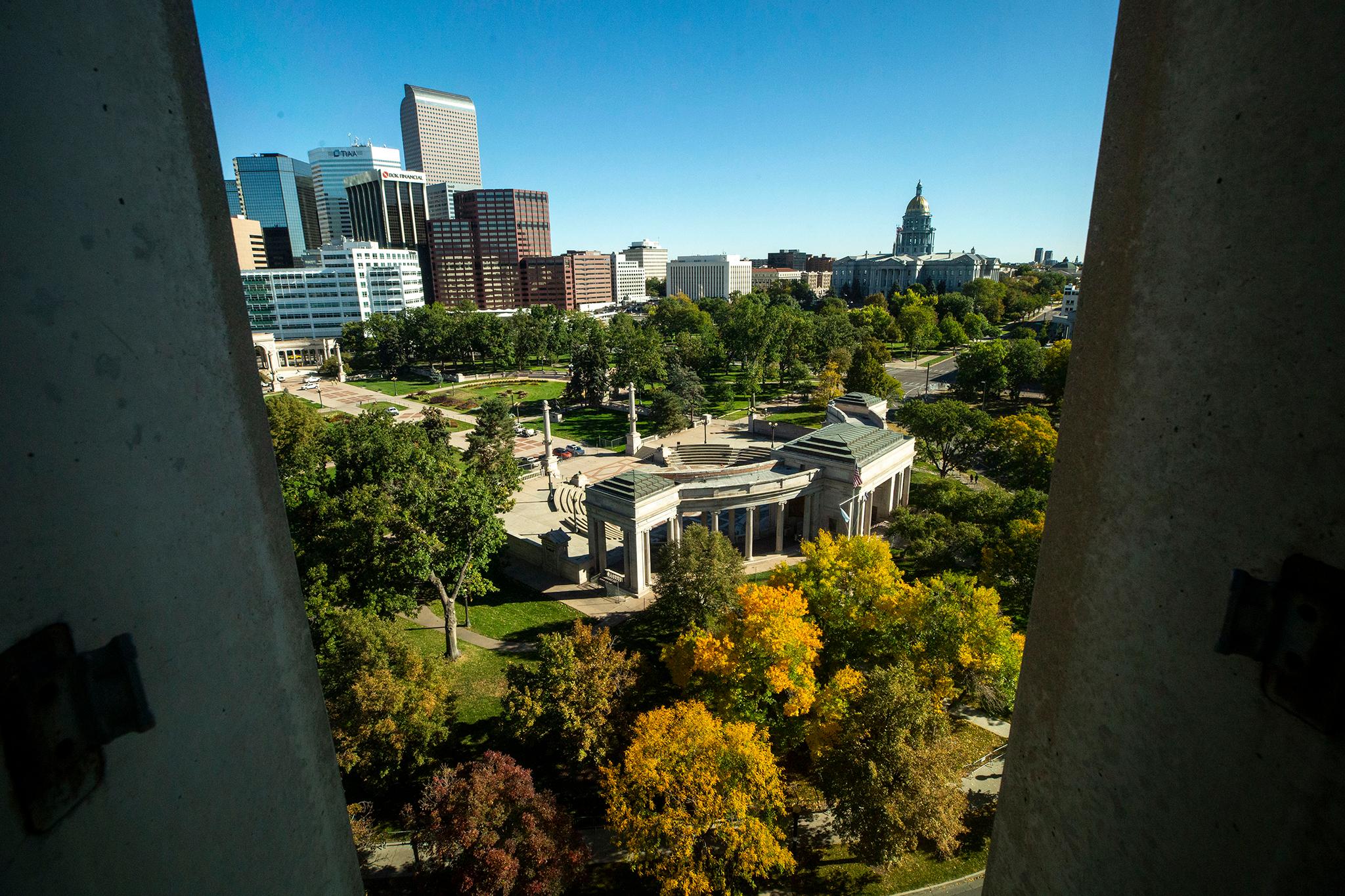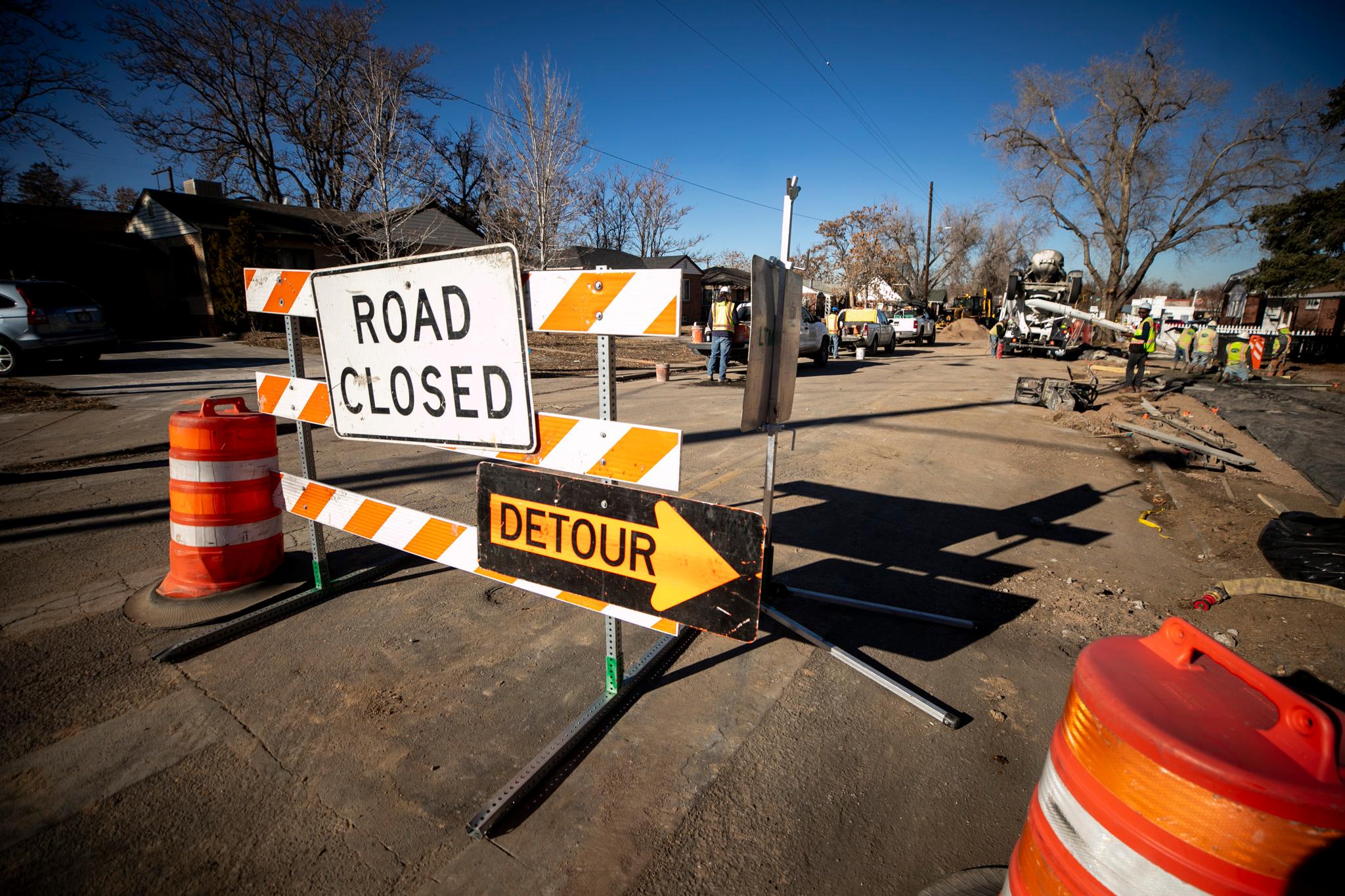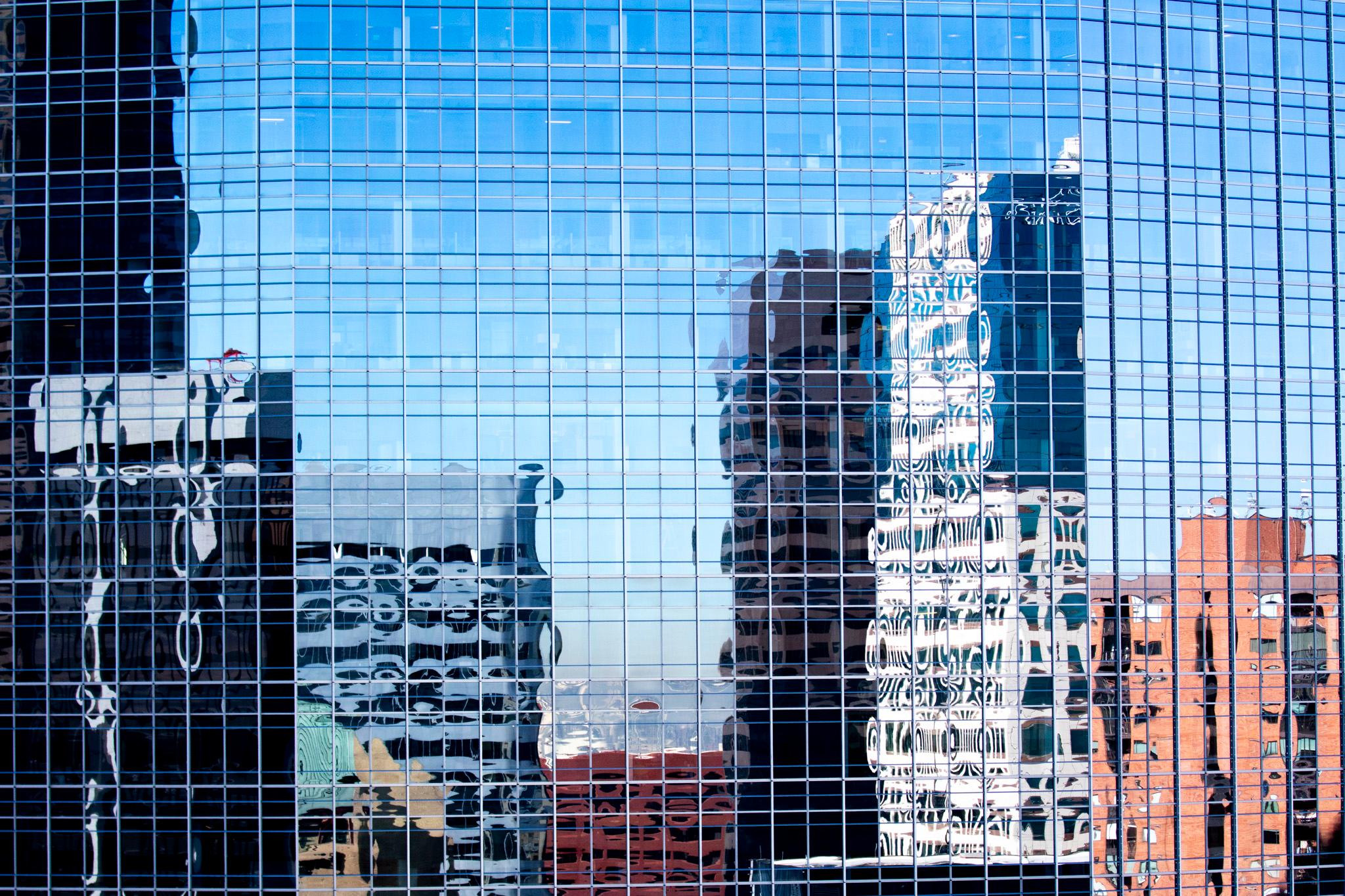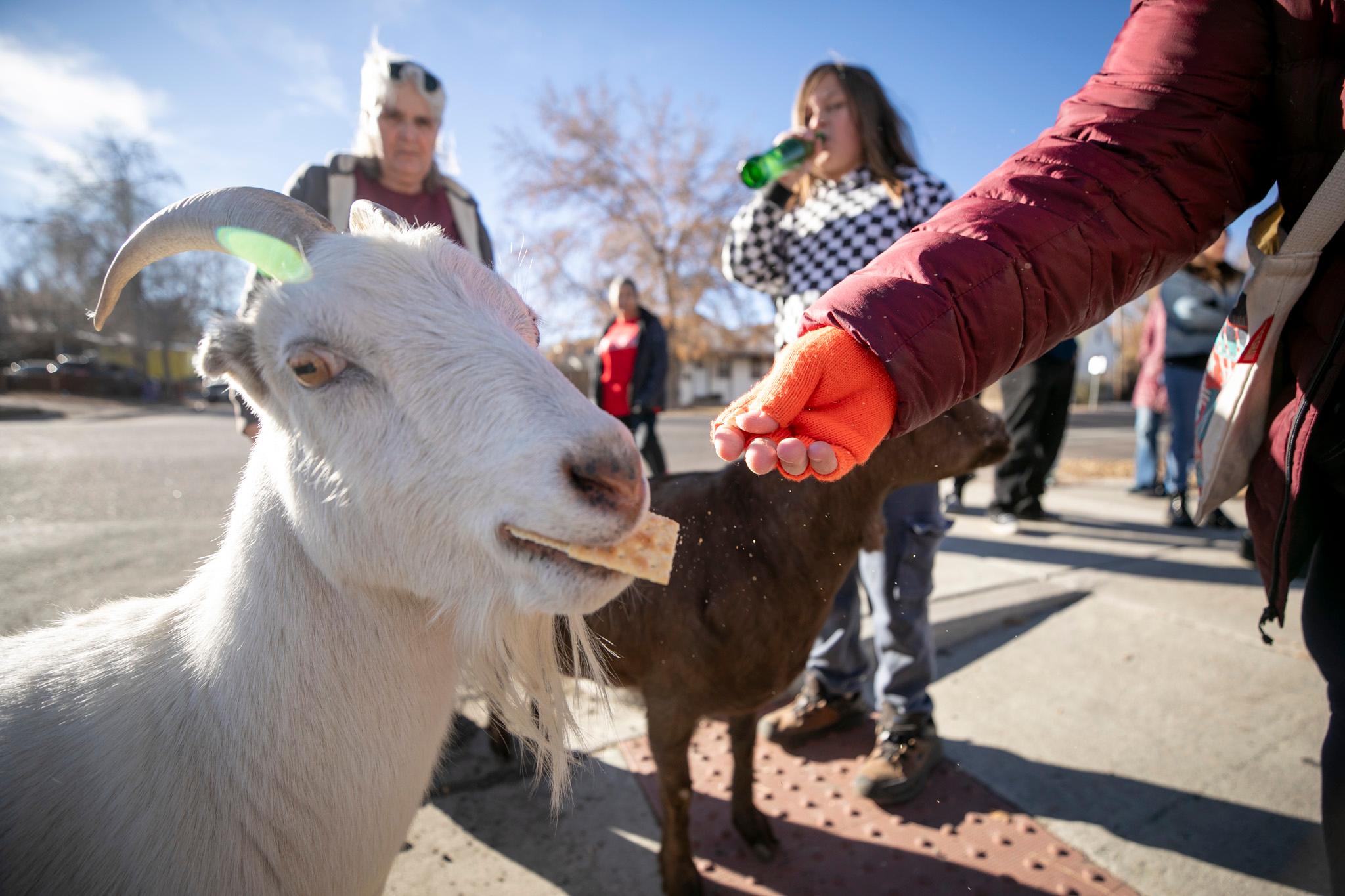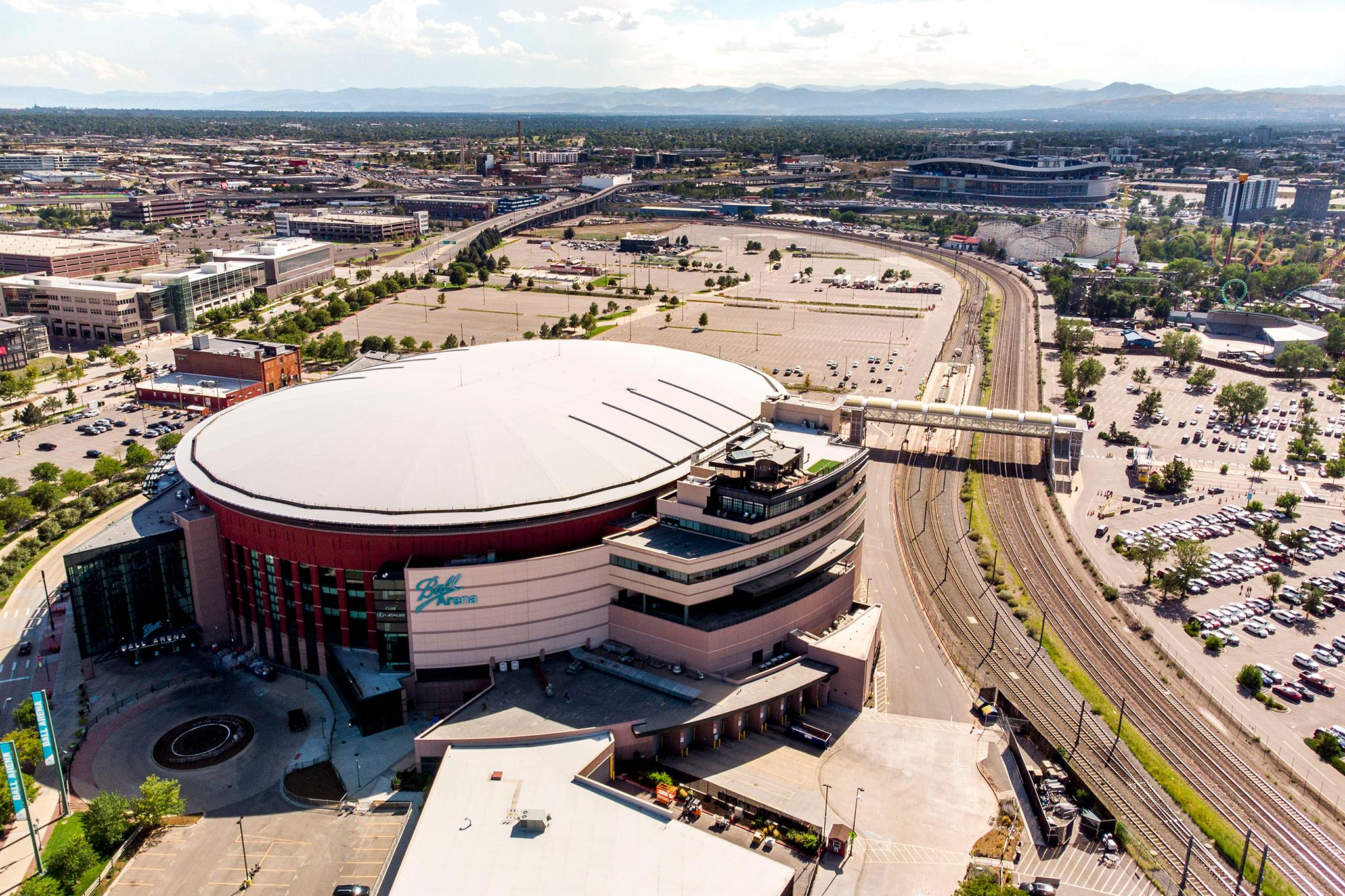When Yonnas Abraham began thinking of ways to visually showcase his then-new LP, "FÉVEN," he reached out to fellow creative Blake Jackson, one half of local movie podcast Popcorn and Jalapeños.
Their plan was to film a few music videos as well as a live performance of the album. It would be an intimate affair for the community who showed up to be in the videos.
Abraham called the performance "A Love Letter to Black Liberation," a nod to a journalist who described the album as such but also an ode to him, Jackson and their community. For Abraham, one of the core themes of "FÉVEN" is freedom. Freedom from what is expected from a Black man musically, freedom from what Black listeners are expected to consume and simply freedom for Black people to exist in all spaces.
Abraham said the event and the lead-up to it with the music video shoots felt like their own forms of Black liberation.
"It was really emotional. It was really powerful," Abraham said. "The people were the love letters to Black liberation. Black people gathering, congregating. God was in the room ... Everything we do is a love letter to Black liberation. All our art, all our work, our life."
Abraham and Jackson both noticed that their call-out for the music video castings were answered mainly by other Black creatives. During the filming and the album showcase, folks were networking and vibing and the duo realized the events became a space to foster strong Black community connections.
"People were enthused by it," Abraham said. "It seemed like a jumping-off point for a consolidation of Blackness, particularly in the creative space."
Now, Abraham and Jackson are hoping to capture that energy again with "Part II: The Red Carpet," the sold-out second installment of "A Love Letter to Black Liberation." The event will be hosted on March 9 at LFX Filmworks.
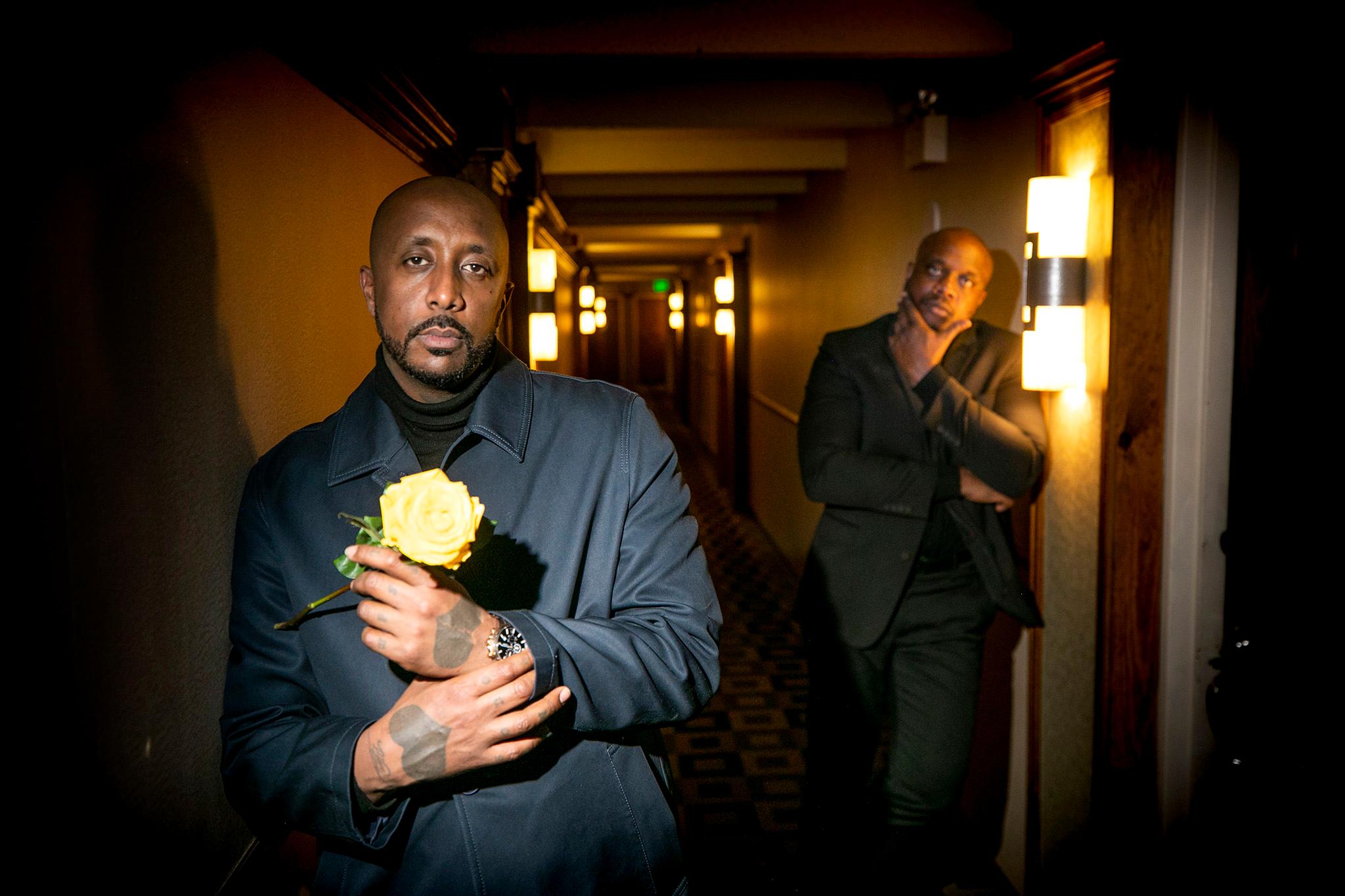
The part short-film festival, part-concert will feature works of Black artists from Denver and beyond curated by Jackson.
Abraham will also hit the stage to perform songs from FÉVEN and unreleased music. The duo will also premiere the third music video from Abraham's LP, "A Dream Ebony."
"It was really important for us to bring as many creative Black people into the fold because we all feel like, it's not something that Denver is missing because that would be dismissive of other people creating Black spaces, but it's something that we feel like we could help galvanize," Jackson said. "Help create an environment for other people to see what we're doing and feel inspired to continue to create stuff and to continue to create space."
And the Black creatives are in the room. The event is being put on in collaboration with Vibes in the Park, a nonprofit that started off hosting summer meetups where Black people could be unapologetically Black. The group has since bloomed into opening up more safe spaces and opportunities for the people.
Denver talk show host Graffiti will emcee the event and Hex Kitten will provide the tunes.
"These are all my friends. These are people who are our friends ... or we've become friends through this," Jackson said. "That's another thing I want people to walk away with. Look around you. Those are your collaborators ... Cultivate those relationships."
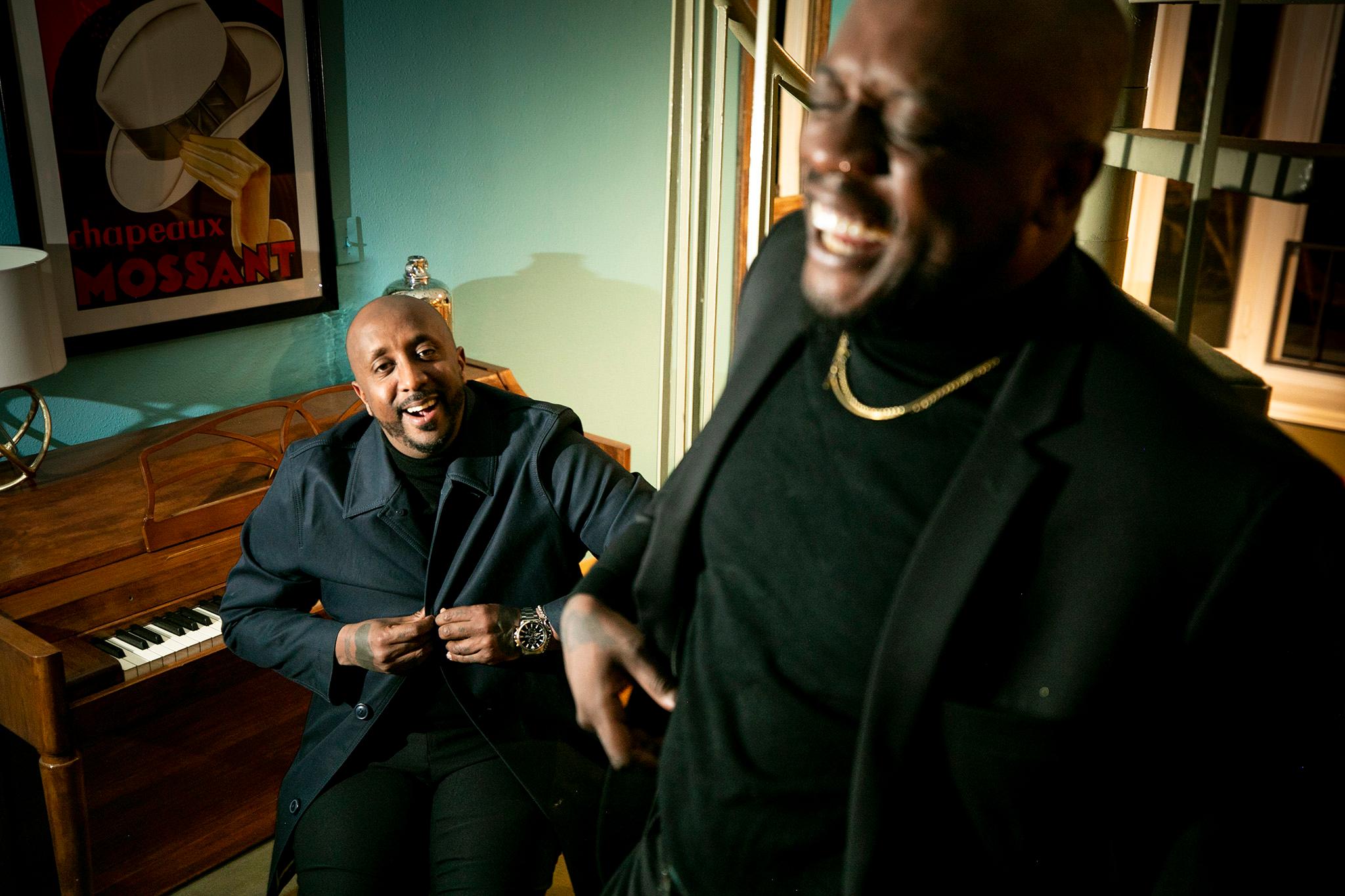
Jackson said the festival will showcase nine films with about half of the directors being from Denver, ranging from horror (of course), a "lesbian drama," a film that challenges masculinity and a documentary on Green Spaces, a Black-owned co-working space in Five Points. Jackson will also be showing a film on Koya Nyangi, a stylist who promotes designers and labels from Africa through her company, Let Me Show You Different.
Jackson said there's just one film about Black struggle, which was a purposeful choice because films with a predominantly Black cast too often center on Black trauma.
While those films may be important, Jackson said, they aren't for Black people.
"It's important to address. It's important to look at but I don't want it to be the center focus of the programming," Jackson said. "I don't want to participate in Black trauma. The films that I want to make, it's going to be traumatic, but it's not because they're Black. They're going through stuff, but it's not because of their Blackness."
Jackson said folks interested in attending the black tie event should consistently check the event's social media page for additional ticket purchase opportunities. The event may also be streamed and the films will be available to watch afterward.
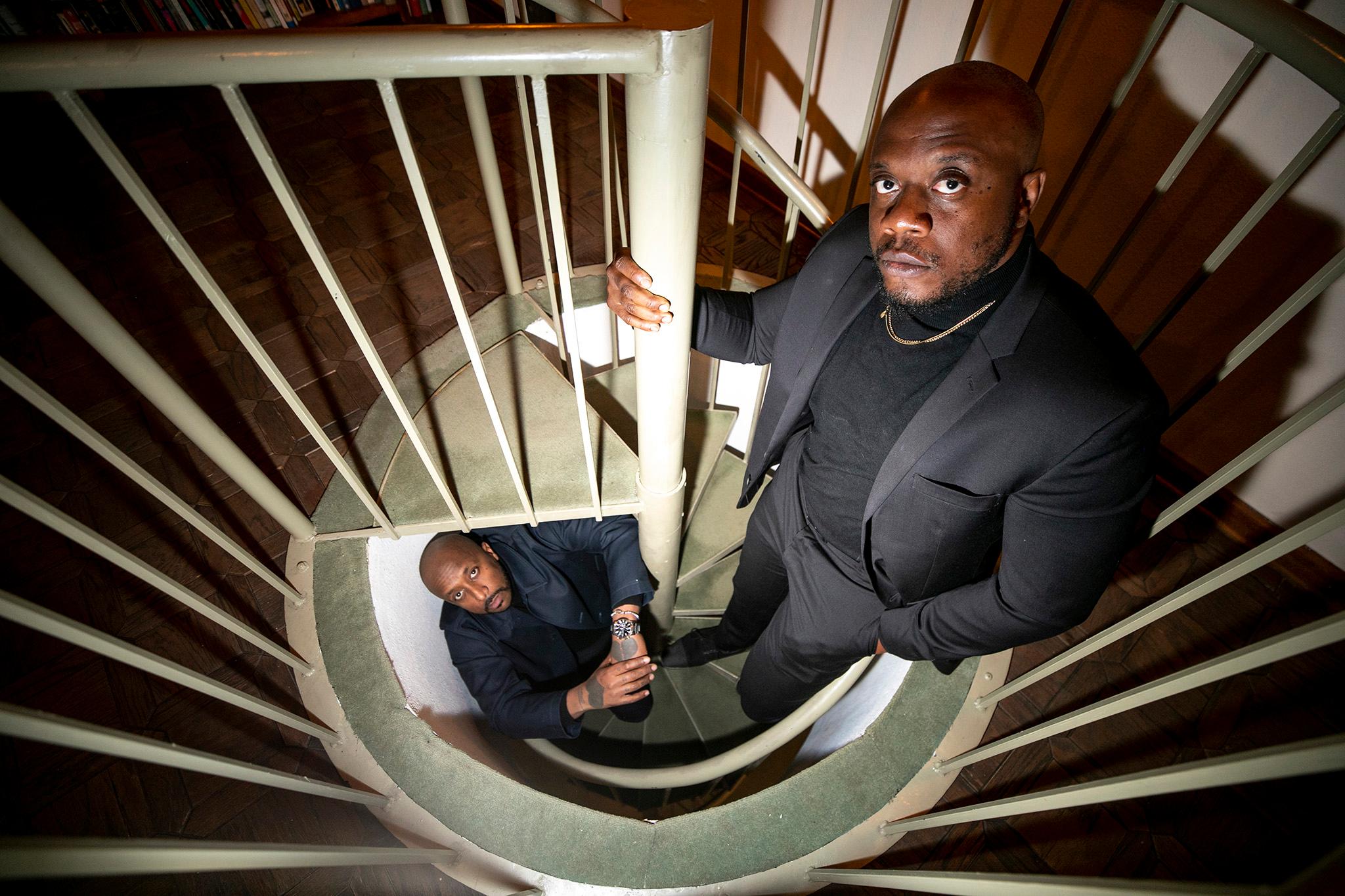
Jackson and Abraham want people to have a good time at the event, but they also want folks to ask: What does Black liberation mean in the artistic space and in the larger context of being Black in Denver?
For the duo, it goes back to collaboration. Finding your community and uplifting them while they uplift you.
Liberation cannot be attained until the most marginalized of a community is no longer marginalized, Abraham said. When it comes to Black Liberation, that looks like reaching out to all types of people in the community and gathering in any and all spaces, even a film festival.
"I think that's the fundamental thing about A Love Letter to Black Liberation, it's very much an ideological gathering," Abraham said. "Black creatives making what they want to make is Black ... It's not about the tickets. It's ******* bigger than us. This is about Black people. Not just Black art, Black music but Black ******* people."
Jackson added:
"Blackness is not a monolith. Like Yonnas said, Black people existing is the most radical thing that you can do. What we want to do is focus on Black excellence as opposed to Black exceptionalism ... For me, Black liberation is, in addition to Black people just existing, actually being liberated from the shackles of what they think being Black actually means and being liberated from the shackles of feeling like you have to be a certain type of Black to be able to be celebrated."

